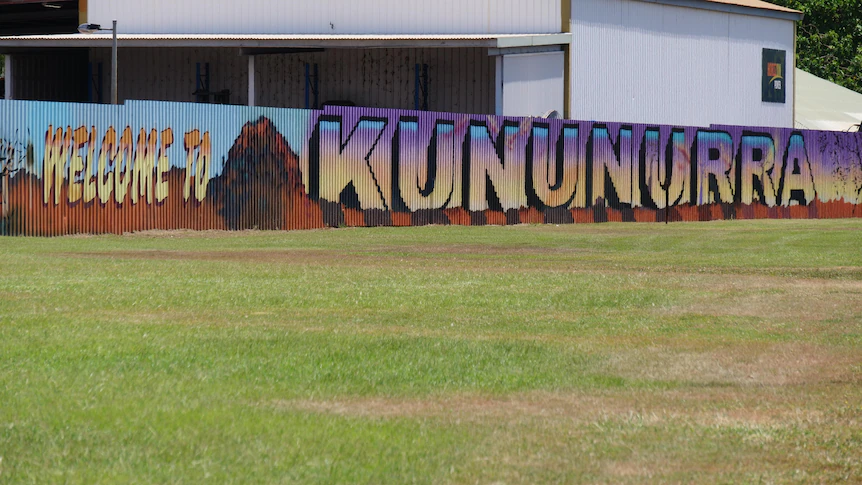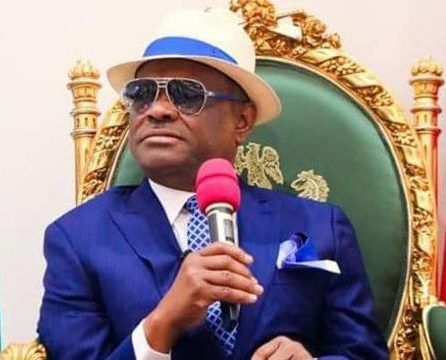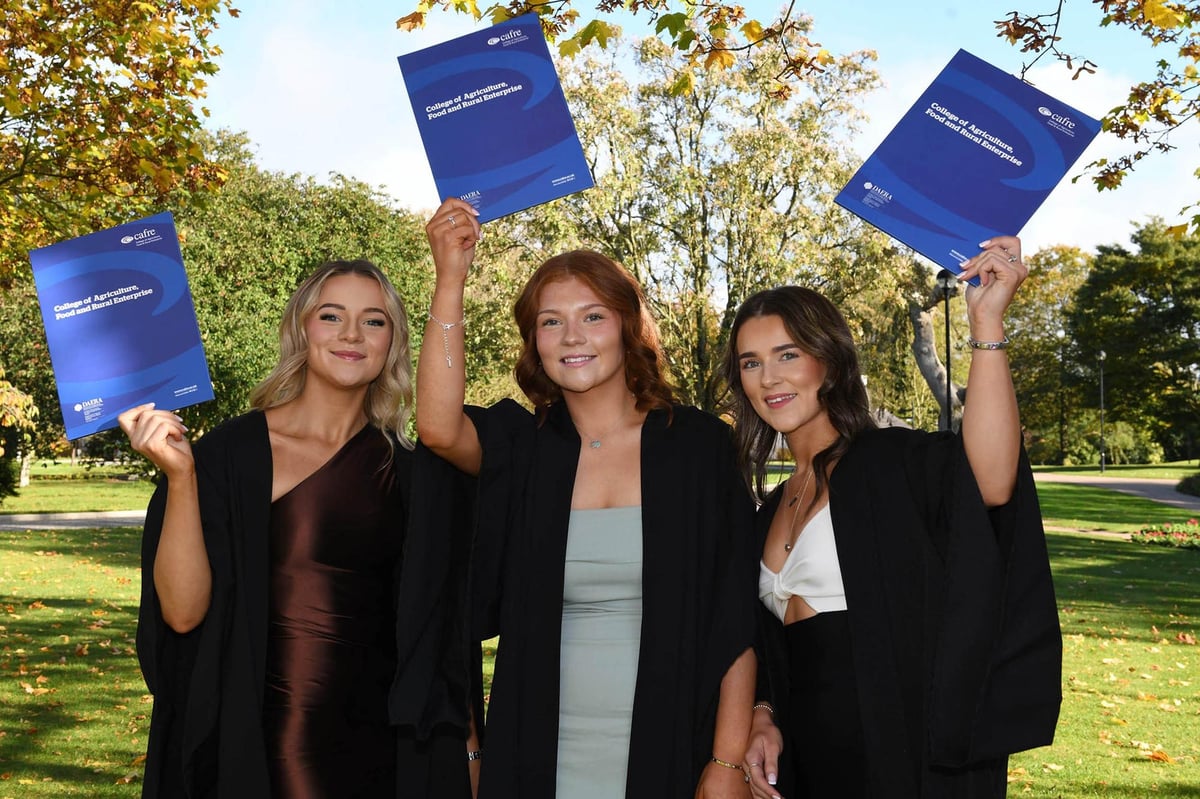Copyright ghananewss

Communications Minister Felix Kwakye Ofosu has fired back at opposition claims that contractor payments under The Big Push infrastructure programme are symbolic rather than substantial, insisting that real money is flowing to construction sites across Ghana. Speaking on Metro TV on Friday, October 31, Kwakye Ofosu directly challenged former Works and Housing Minister Kojo Oppong Nkrumah’s assertion that the government’s disbursements amount to “audio money” with minimal real-world impact. The exchange marks the latest political confrontation over the Mahama administration’s flagship $10 billion infrastructure initiative. “The suggestion that what the Finance Minister is releasing is ‘audio money’ is simply false,” Kwakye Ofosu stated, emphasizing that Finance Minister Dr. Cassiel Ato Forson has implemented a results-first approach to project funding. The minister insisted that actual financial transfers are reaching contractors nationwide and that the programme is actively driving progress at multiple construction sites. He characterized opposition portrayal of the funds as imaginary or inflated as fundamentally inaccurate and politically motivated. According to Kwakye Ofosu, The Big Push is delivering tangible progress in roads, schools, hospitals, and digital infrastructure, with every cedi released backed by verifiable work on the ground. The administration has positioned the initiative as central to transforming Ghana’s infrastructure landscape through timely financing and robust accountability mechanisms. The term “audio money” has become political shorthand in Ghana for announced funds that never materialize into actual payments, a criticism frequently leveled at previous administrations. By deploying this phrase, Oppong Nkrumah, who served as Works and Housing Minister under the NPP government, has cited many government flagship programmes that allegedly lack funds to take off, including The Big Push infrastructure programme. However, Kwakye Ofosu pushed back forcefully, arguing that accountability remains central to The Big Push and that every release is tied to physical work and measurable progress. He maintained that project beneficiaries, industry stakeholders, and communities across Ghana are witnessing tangible differences on the ground. “Dr Ato Forson is ensuring that actual funds reach contractors across the country,” he stressed, noting that the programme aims to simultaneously stimulate economic growth, accelerate infrastructure delivery, and support local jobs. President John Dramani Mahama revealed during the programme’s September launch that ₵13.9 billion has been set aside for 2025, with an additional ₵30 billion planned for the following year. The initiative was designed to address Ghana’s annual infrastructure deficit of $1.5 billion, particularly in the road sector. The Big Push, which comprises 42 road projects nationwide and was officially launched at Afienya in September 2025, represents one of the NDC administration’s most ambitious undertakings since returning to power. The programme covers all 16 regions and aims to enhance national connectivity, improve food distribution networks, and boost industrial growth. Yet the political controversy over funding has persisted throughout the year. In March 2025, Oppong Nkrumah criticized the government for failing to allocate sufficient funds in the budget, noting that a $10 billion initiative prorated over four years should see approximately $2.5 billion allocated annually. Kwakye Ofosu countered these concerns by urging the public to disregard what he termed political attempts to downplay the current administration’s achievements. “The facts speak for themselves, contractors are being paid, projects are moving, and communities are benefiting,” he affirmed. The minister’s defense comes as the government seeks to maintain public confidence in its infrastructure agenda amid ongoing economic challenges. While the administration has touted macroeconomic stability and currency appreciation as evidence of sound management, critics continue questioning whether promised investments will translate into completed projects. Beyond roads, The Big Push is slated to expand into health, education, agriculture, and sports infrastructure from 2026, with plans including irrigation systems to support year-round farming and a dedicated annual budget of ₵5 billion for road maintenance. For now, the debate between government officials and opposition figures reflects broader questions about Ghana’s infrastructure financing that will likely persist as projects progress. Whether contractors and communities see the sustained funding Kwakye Ofosu promises will determine which narrative ultimately prevails. “This administration is focused on visible, measurable results,” Kwakye Ofosu declared, staking the government’s credibility on demonstrable outcomes rather than mere announcements.



